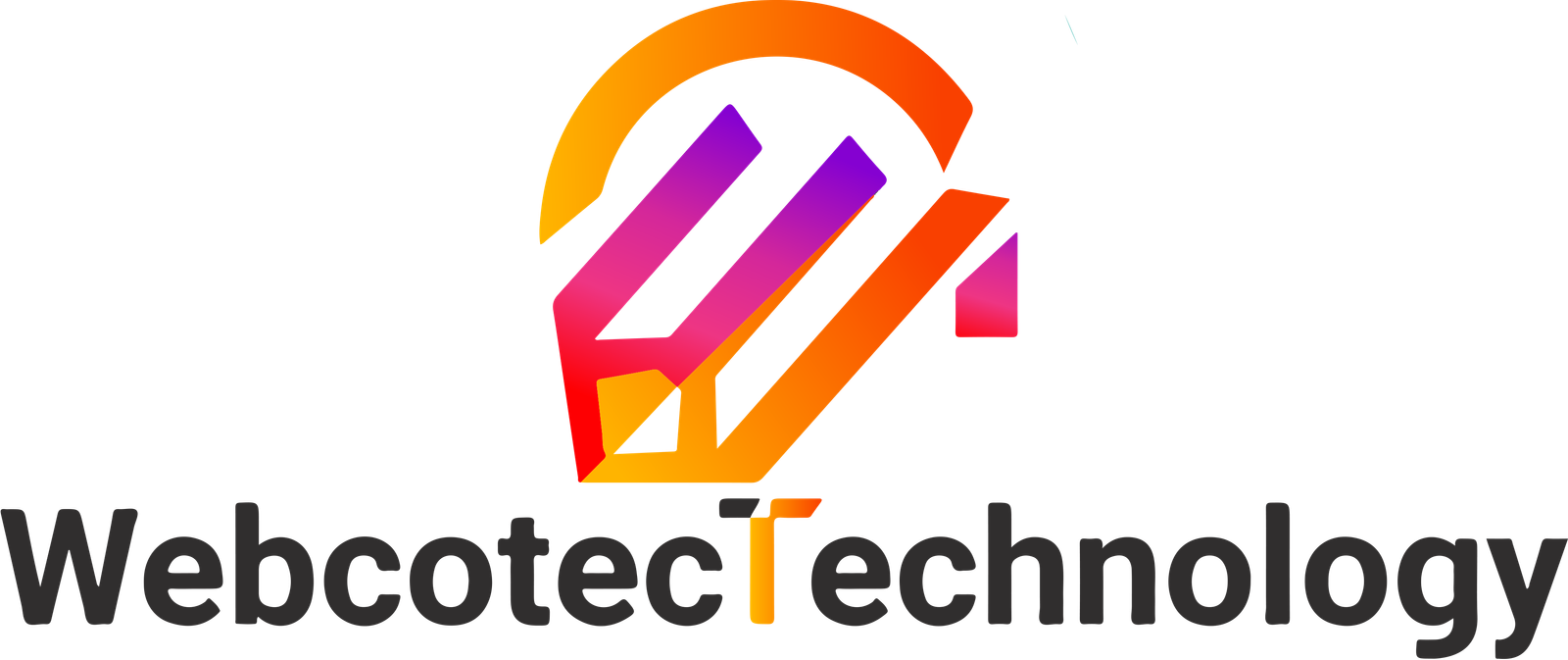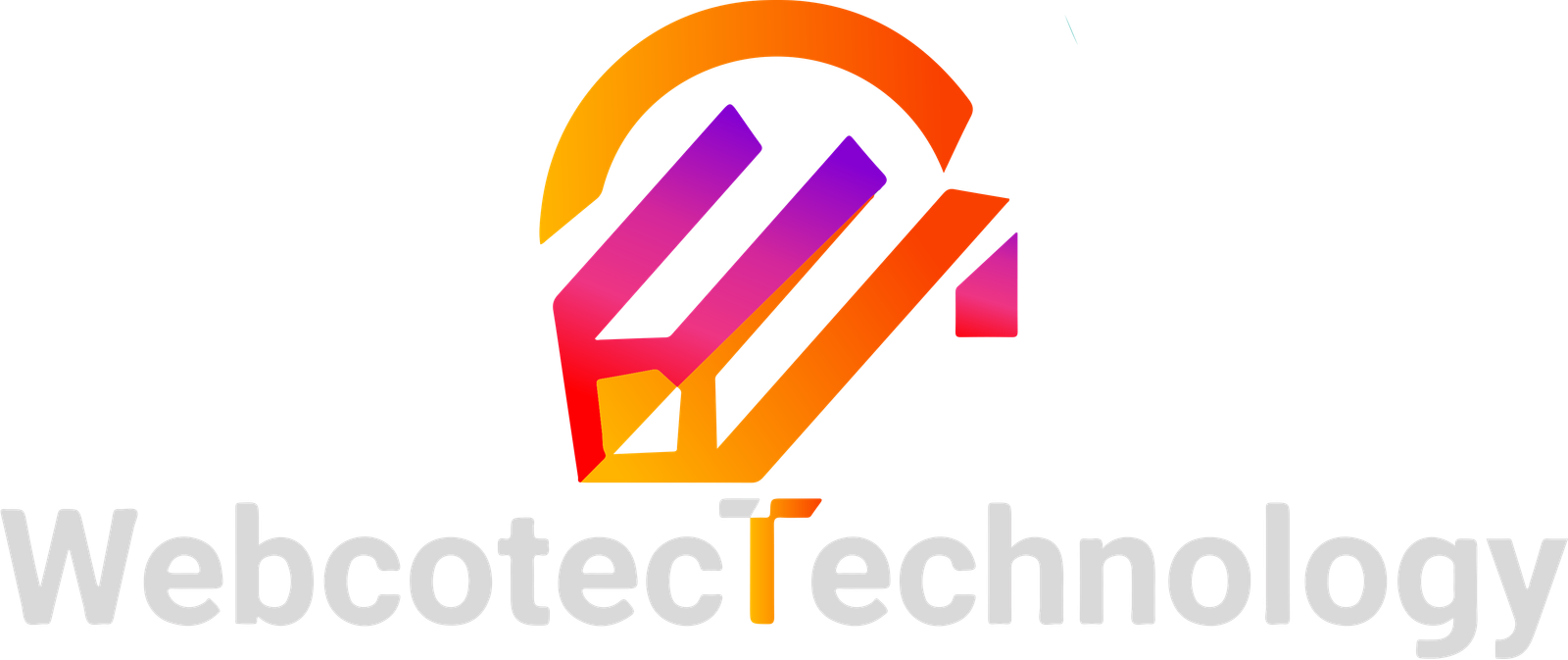Blockchain Technology: Revolutionizing Industries Beyond Cryptocurrency
Blockchain technology, initially synonymous with cryptocurrency, has evolved into a groundbreaking innovation with vast implications across various industries. Its core attributes—decentralization, transparency, security, and immutability—make it an exceptional tool for solving complex problems and driving unprecedented efficiencies. Here, we explore how blockchain technology is transforming industries beyond cryptocurrency, unlocking new potentials and redefining the future.
1. Supply Chain Management: Enhancing Transparency and Efficiency
The supply chain industry, often plagued by issues of transparency, traceability, and efficiency, finds a robust solution in blockchain technology:
- End-to-End Visibility: Blockchain enables all stakeholders to trace the journey of products from origin to consumer, ensuring authenticity, compliance with standards, and accountability.
- Fraud Prevention: The immutable nature of blockchain records helps in detecting and preventing fraud, ensuring that only genuine products reach consumers.
- Streamlined Processes: By automating documentation and verification processes, blockchain reduces delays, minimizes errors, and enhances operational efficiency.
2. Healthcare: Securing Patient Data and Enhancing Trust
In the healthcare sector, data security, patient privacy, and operational inefficiencies are major concerns that blockchain technology effectively addresses:
- Secure Medical Records: Blockchain allows for the secure and tamper-proof storage of patient records, ensuring that only authorized parties have access, thereby maintaining confidentiality and data integrity.
- Drug Authentication: Blockchain ensures the traceability of pharmaceuticals from production to distribution, combating counterfeit drugs and ensuring patient safety.
- Transparent Clinical Trials: By recording trial data on an immutable ledger, blockchain enhances the integrity and transparency of clinical trials, fostering greater trust in the results.
3. Voting Systems: Ensuring Security and Integrity
The democratic process relies heavily on trust and transparency, both of which can be significantly enhanced through blockchain technology:
- Eliminating Electoral Fraud: Blockchain’s immutable ledger ensures that each vote is securely recorded and cannot be tampered with, safeguarding the integrity of elections.
- Remote Voting: Blockchain enables secure and verifiable remote voting, potentially increasing voter participation and making the electoral process more inclusive.
- Enhanced Trust: The transparency provided by blockchain can rebuild public confidence in electoral systems by ensuring that results are accurate and verifiable.
4. Real Estate: Simplifying Transactions and Ownership
The real estate industry stands to gain immensely from blockchain technology, which can streamline processes and enhance security:
- Transparent Transactions: Blockchain provides a clear and tamper-proof record of property ownership and transaction history, simplifying the buying and selling process, reducing fraud, and ensuring legal compliance.
- Smart Contracts: These self-executing contracts automate the execution of agreements, reducing the need for intermediaries, minimizing disputes, and ensuring compliance with terms.
- Fractional Ownership: Blockchain allows for the tokenization of real estate assets, enabling fractional ownership, broadening investment opportunities, and increasing market liquidity.
5. Intellectual Property: Protecting Creators and Innovators
Protecting intellectual property (IP) rights is a critical concern for creators and businesses. Blockchain technology offers innovative solutions:
- Immutable Proof of Ownership: By timestamping creations on the blockchain, creators can establish an undeniable proof of ownership, protecting their work from theft and unauthorized use.
- Automated Royalties: Smart contracts can manage and distribute royalties automatically, ensuring creators are fairly compensated for their work without the need for intermediaries.
- Combatting Piracy: Blockchain can track the distribution and use of digital content, reducing unauthorized use and piracy, thereby protecting the interests of creators.
6. Financial Services: Transforming Traditional Finance
Beyond cryptocurrencies, blockchain is poised to disrupt traditional financial services, offering greater efficiency and security:
- Cross-Border Transactions: Blockchain enables faster, cheaper, and more secure cross-border payments compared to conventional banking systems, reducing transaction times and costs.
- Digital Identities: Blockchain-based identities streamline the KYC (Know Your Customer) process, reducing fraud, enhancing security, and improving user experience.
- Decentralized Finance (DeFi): Blockchain facilitates the creation of decentralized financial services, such as lending, borrowing, and trading, without traditional intermediaries, democratizing access to financial services.
7. Government Services: Enhancing Public Trust and Efficiency
Governments are exploring blockchain to improve transparency, efficiency, and trust in public services:
- Land Registry: Blockchain provides a tamper-proof system for recording land ownership, reducing disputes, fraud, and enhancing clarity in property transactions.
- Public Records Management: Governments can securely manage vital records such as birth and death certificates, marriage licenses, and more on a blockchain, ensuring accuracy and accessibility.
- Transparent Governance: Blockchain can make government operations and funding more transparent, reducing corruption, enhancing accountability, and increasing public trust.
8. Education: Ensuring Credential Verification and Learning Pathways
Blockchain technology is also making significant inroads into the education sector:
- Credential Verification: Blockchain can securely store academic records, degrees, and certificates, making it easier to verify qualifications and reducing the risk of credential fraud.
- Lifelong Learning Records: Blockchain can track an individual’s learning journey from primary education through to professional development, providing a comprehensive record of their skills and achievements.
- Decentralized Learning Platforms: Blockchain can facilitate the creation of decentralized learning platforms where learners can access courses and educational resources directly, ensuring that education is more accessible and equitable.
Best Practices in Blockchain Technology Beyond Cryptocurrency
1. Understand Business Needs
- Conduct Analysis: Identify specific problems blockchain can solve and assess its suitability.
- Set Objectives: Define clear, measurable goals aligned with your business strategy.
2. Choose the Right Platform
- Evaluate Options: Compare platforms like Ethereum, Hyperledger, and Corda based on scalability, security, and cost.
- Ensure Flexibility: Select platforms that offer customization and can adapt to future advancements.
3. Ensure Data Security and Privacy
- Implement Security Measures: Use advanced encryption and secure key management.
- Comply with Regulations: Follow data protection laws like GDPR and HIPAA and conduct regular security audits.
4. Maintain Transparency and Trust
- Promote Transparency: Provide all stakeholders access to the blockchain ledger.
- Build Trust: Use fair and secure consensus mechanisms, ensuring verifiable and immutable records.
5. Ensure Scalability and Performance
- Plan for Scalability: Design the network to handle increased transactions and use solutions like sharding.
- Optimize Performance: Monitor and optimize the network regularly for peak efficiency.





